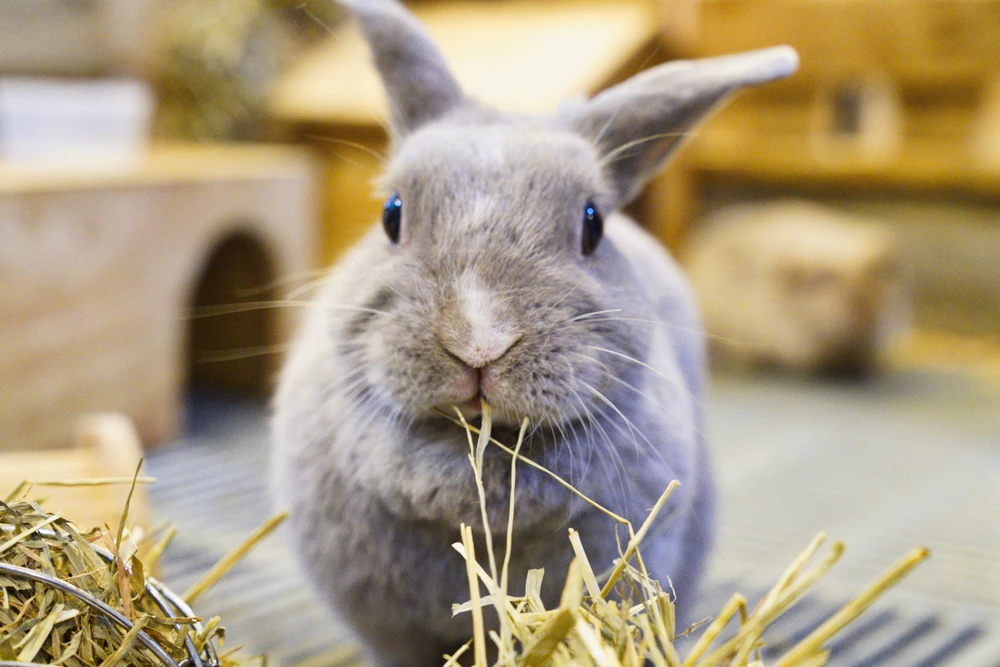Rabbits are not only adorable and cuddly but also make wonderful companions for people of all ages. As domestic pets, rabbits have unique needs and requirements that, when met, can lead to a rewarding and fulfilling relationship. Let’s explore the joys of keeping domestic rabbits and learn how to provide them with the care they deserve.
- Understanding Rabbit Behavior: Rabbits are social animals that thrive on companionship and interaction. They are intelligent creatures capable of forming strong bonds with their human caregivers and fellow rabbit companions. Understanding rabbit behavior is essential for providing them with appropriate care and enrichment. They communicate through body language, vocalizations, and behavior, so learning to interpret their cues is crucial for meeting their needs.
- Creating a Rabbit-Friendly Environment: Providing a suitable living environment is essential for your rabbit’s health and well-being. A spacious enclosure or rabbit hutch with ample room to hop, stretch, and explore is necessary to prevent boredom and encourage physical activity. Additionally, rabbits should have access to a secure outdoor play area or supervised time outside to enjoy fresh air and sunlight, weather permitting.
- Proper Nutrition: A balanced diet is crucial for keeping your rabbit healthy and happy. Their diet should consist primarily of high-quality hay, such as timothy or orchard grass, supplemented with fresh vegetables and a small amount of rabbit pellets. Avoid feeding them sugary treats or foods that are toxic to rabbits, such as chocolate or avocado. Always provide fresh, clean water in a spill-proof water bottle or bowl.
- Grooming and Hygiene: Regular grooming helps keep your rabbit’s fur clean, prevents matting, and reduces the risk of hairballs. Depending on the breed and coat type, rabbits may require brushing several times a week to remove loose fur and debris. Additionally, their nails should be trimmed regularly to prevent overgrowth and discomfort. It’s also essential to keep their living area clean by spot-cleaning soiled bedding and litter boxes daily and performing a thorough clean-out weekly.




